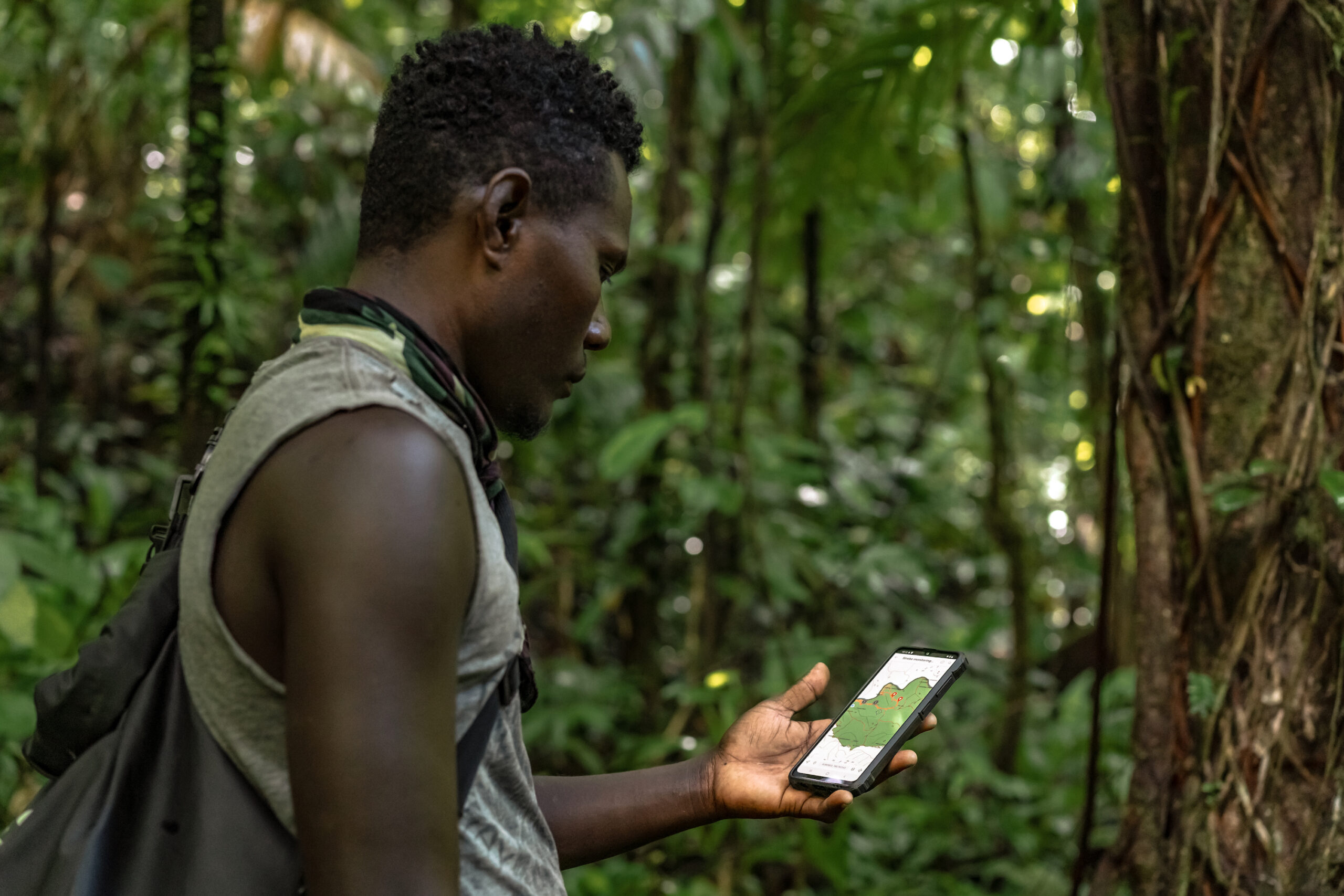
Students from the University of Queensland (UQ) in Australia will visit the Babatana Rainforest Conservation Project in Choiseul this month to learn from the Babatana tribes about what makes a successful forest carbon project.
The experience and knowledge of customary landowners participating in the Babatana project has become an inspiration for other communities and organizations wanting to embark on carbon projects and is a unique demonstration of what makes a good forest carbon project.
From 10-17, July, the group of 12 Social Science undergraduate UQ students and their teachers will be staying with the community on Choiseul Island and learning first-hand from the Rangers, women’s saving groups, and project managers about the environmental, social, and cultural benefits that arise from a high-integrity carbon project.

Sirebe Protected Area Photo: Douglas Pikacha
This education visit will be funded by a New Colombo Plan grant — which aims to deepen knowledge about the Asia Pacific Region for Australian undergraduate students.
“We chose Babatana because UQ visited in 2017 when the carbon credit project was still in its early stage,” says UQs Dr Peter Walters who visited then with his colleague Professor Kristen Lyons.
The students are particularly interested in learning about the progress of the project from 2017 until now, with a focus on preparations tribal groups make to be included in the global carbon credit market, the careful inclusion of women, and the reinvestment in alternative livelihoods.
“This visit will provide a really valuable experience for students to learn about the social and cultural considerations, how global politics and policy shape outcomes at a local level and, most importantly, provide an opportunity to better understand everyday life and culture in the Solomon Islands, one of our important Pacific neighbours,” says Peter.
Local NGO Natural Resources Development Foundation (NRDF) who helped set up the Babatana Rainforest Conservation Project along with the Nakau Programme has been working hard to prepare for the student visit and will facilitate the visit.
“We are delighted about the UQ students’ visit to the Babatana Rainforest Conservation Project because their visit promotes the value and importance of conservation to communities and tribes within the country,” says Fred Tabepuda, Project Manager from NRDF.
“A lot of good things about the Babatana Rainforest Project area are highlighted in many parts of the country and region, and we’re pleased the students get the chance to experience the forests within the Babatana area.”
Before travelling to Choiseul, the UQ students will also be participating in a Tok Stori seminar on Forest Carbon for Sustainable Livelihoods with the Solomon Islands National University and with guest speakers Wilko Bosma from NRDF and Manual Haas from Nakau.

Sirebe Ranger monitoring the Sirebe Protected Area Photo: Douglas Pikacha
The Babatana Rainforest Conservation Project is an example of a nature-based solution that can help fill the gaps for communities who want to protect their ecosystems and build community income and climate resilience.
The project also shows how Indigenous peoples are leaders in forest conservation.
The rainforest remains intact and is not lost to commercial logging.
Creating opportunities for people to participate as forest Rangers and decision makers also results in stronger project ownership and high-value carbon credits meaning more return for Indigenous landowners.
For the Sirebe Tribe, one of the Babatana tribes participating in the project, being able to keep their rainforest and all the benefits it provides — clean water, food, medicine, materials, and cultural significance — outweighs other options.
Bathlomew Qalolilio from the Sirebe Tribal Association says: “The benefit we get from carbon trading in the area we conserve is access to rich clean water and there rare species of flora and fauna which our children in the future can see in our forest.”
Cornelius Qaqara lives on Choiseul and is a Project Coordinator with NRDF. He says there is an important message for others across the Solomon Islands from the Sirebe experience:

Cornelius Qaqara, Project Coordinator with NRDF. Photo: Dami Pikasagraphy & Film
“Forest conservation areas that include beautiful nature, wildlife and true human culture are the key priorities that can help local communities for a lifetime by creating economic benefits, including from education and tourism visits.”
“Any tribe that still have untouched forest must protect the natural rainforest for sustainable benefits that satisfy all resources owners, you can stop doing logging activities that cause massive environment destruction with no sustainable benefits and think about future benefits,” says Cornelius.
